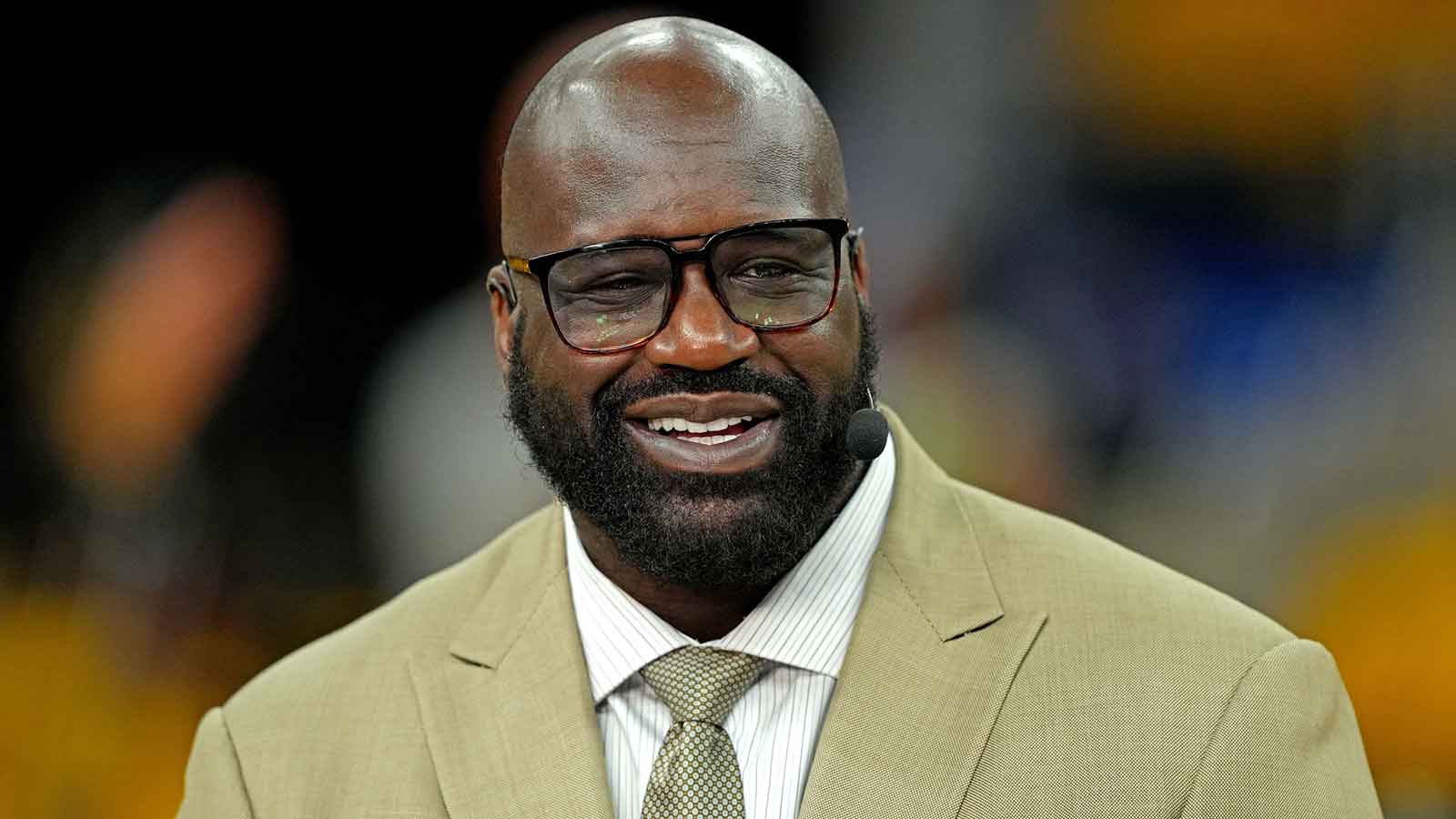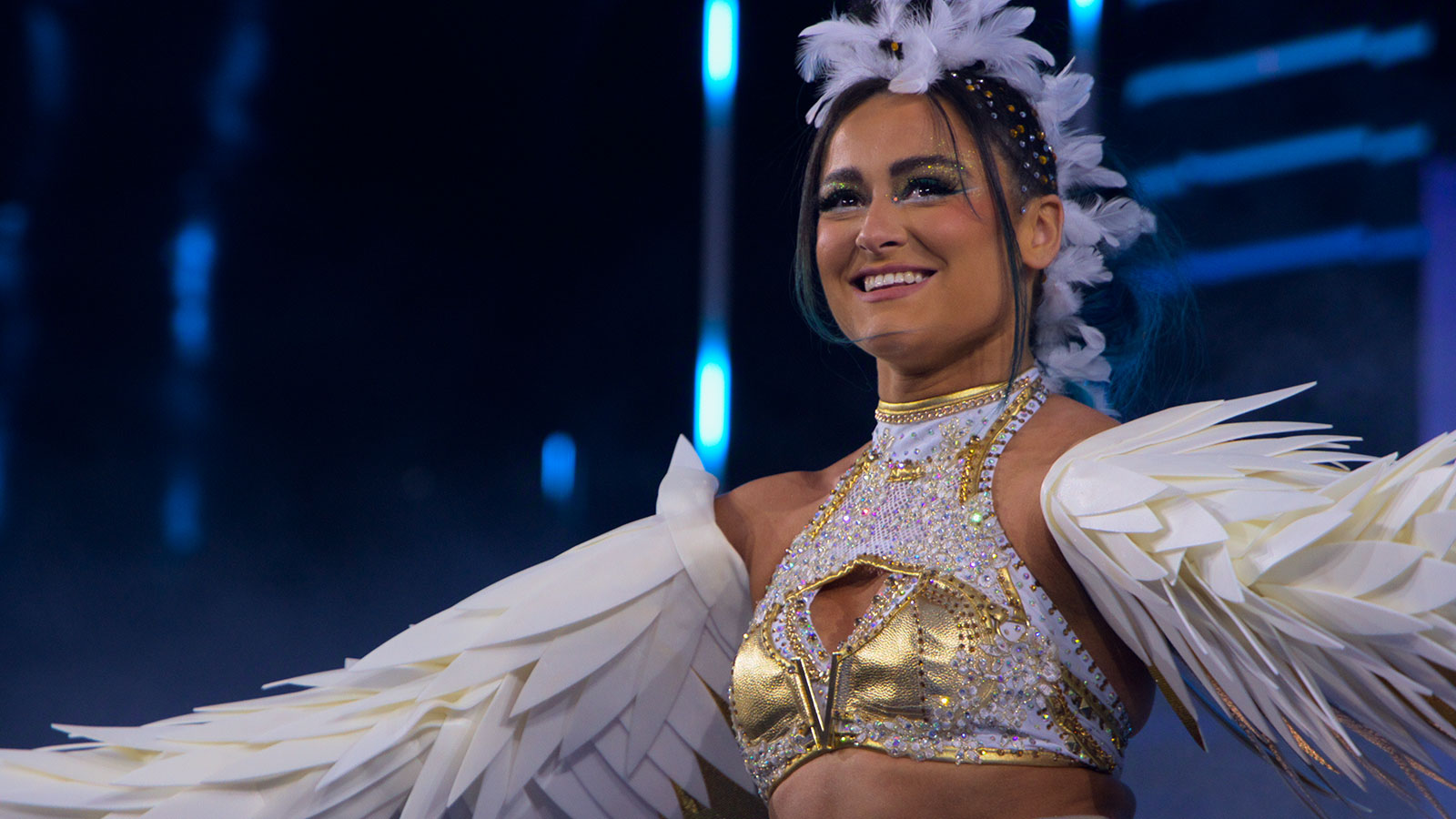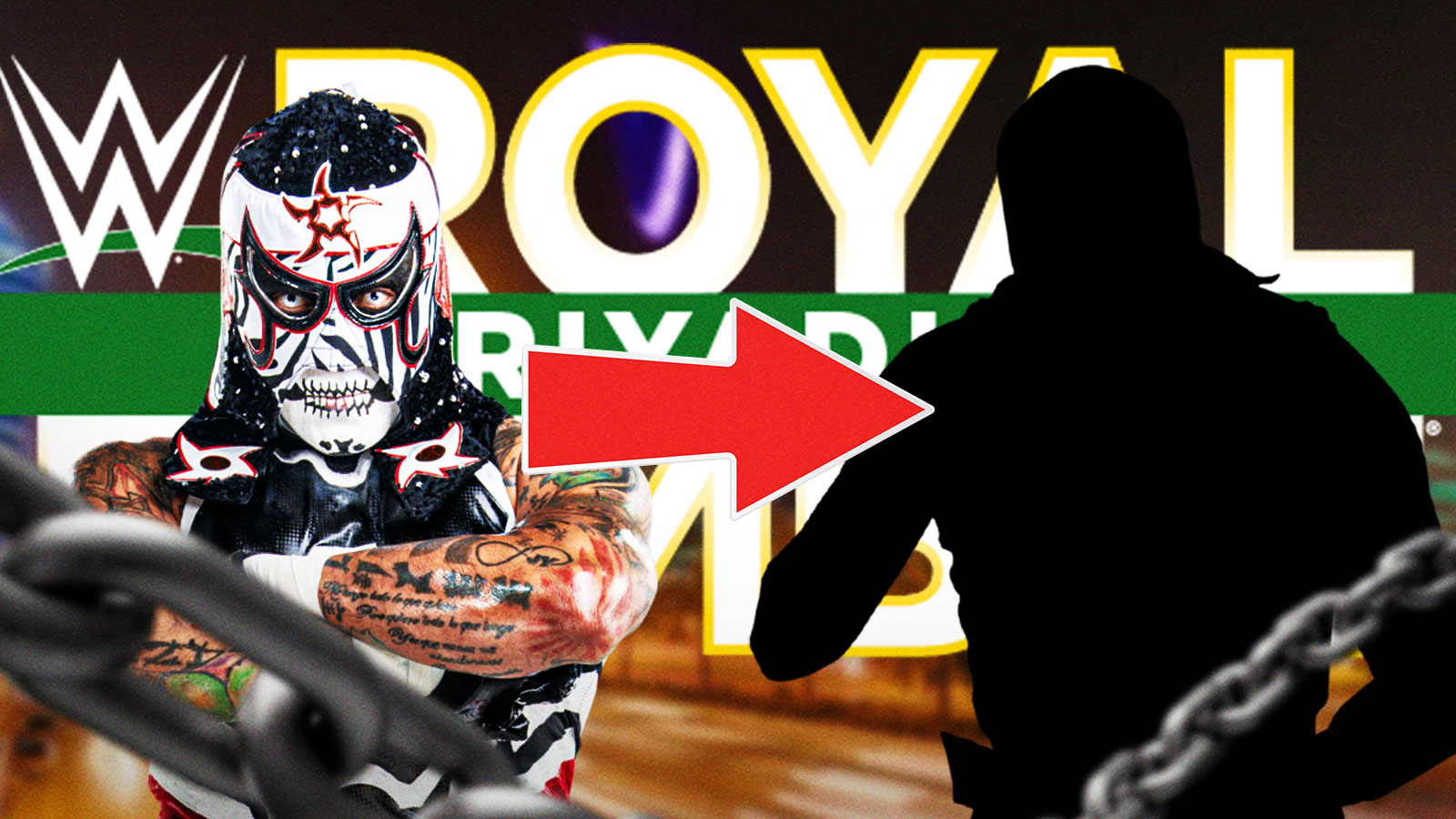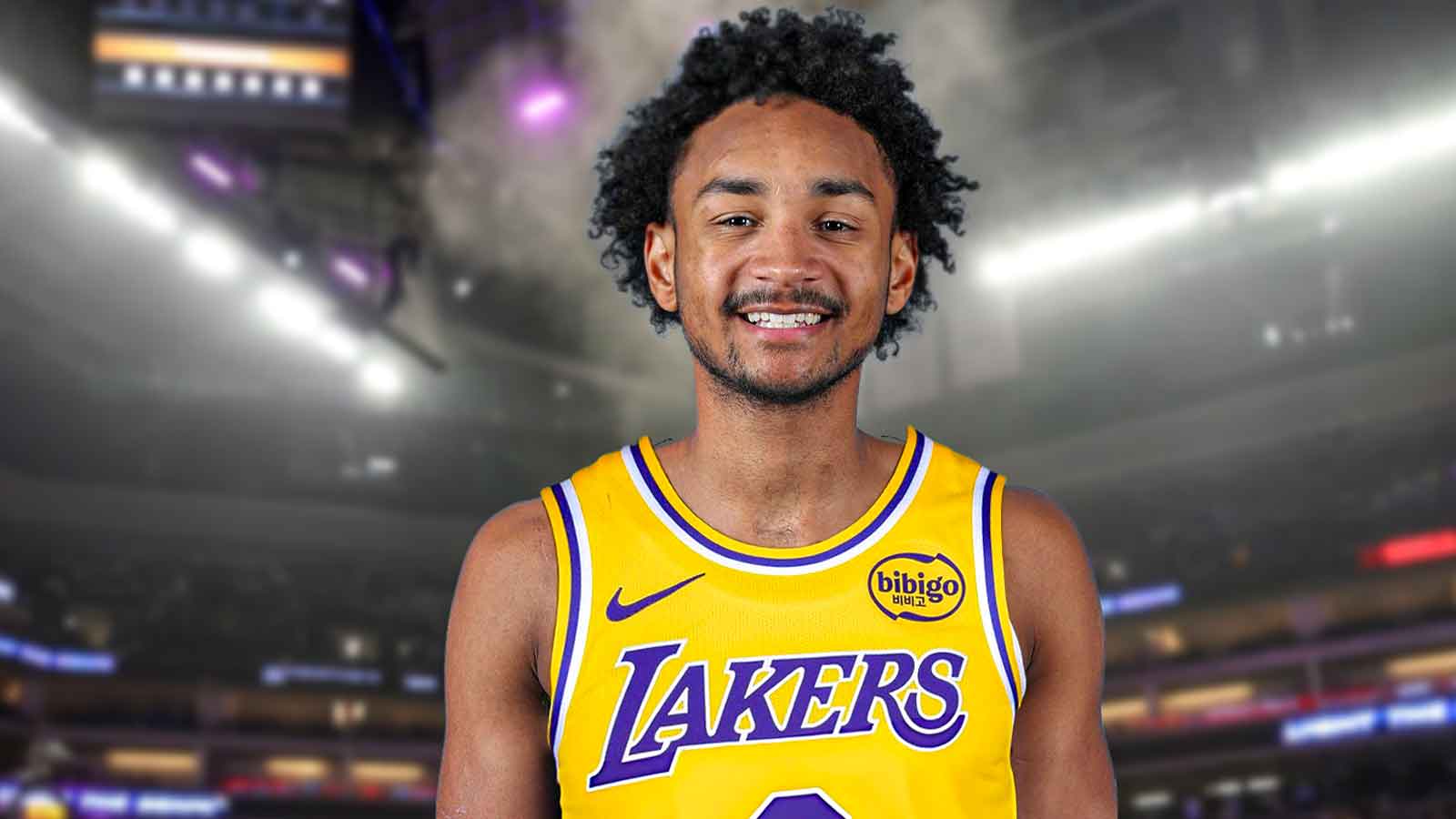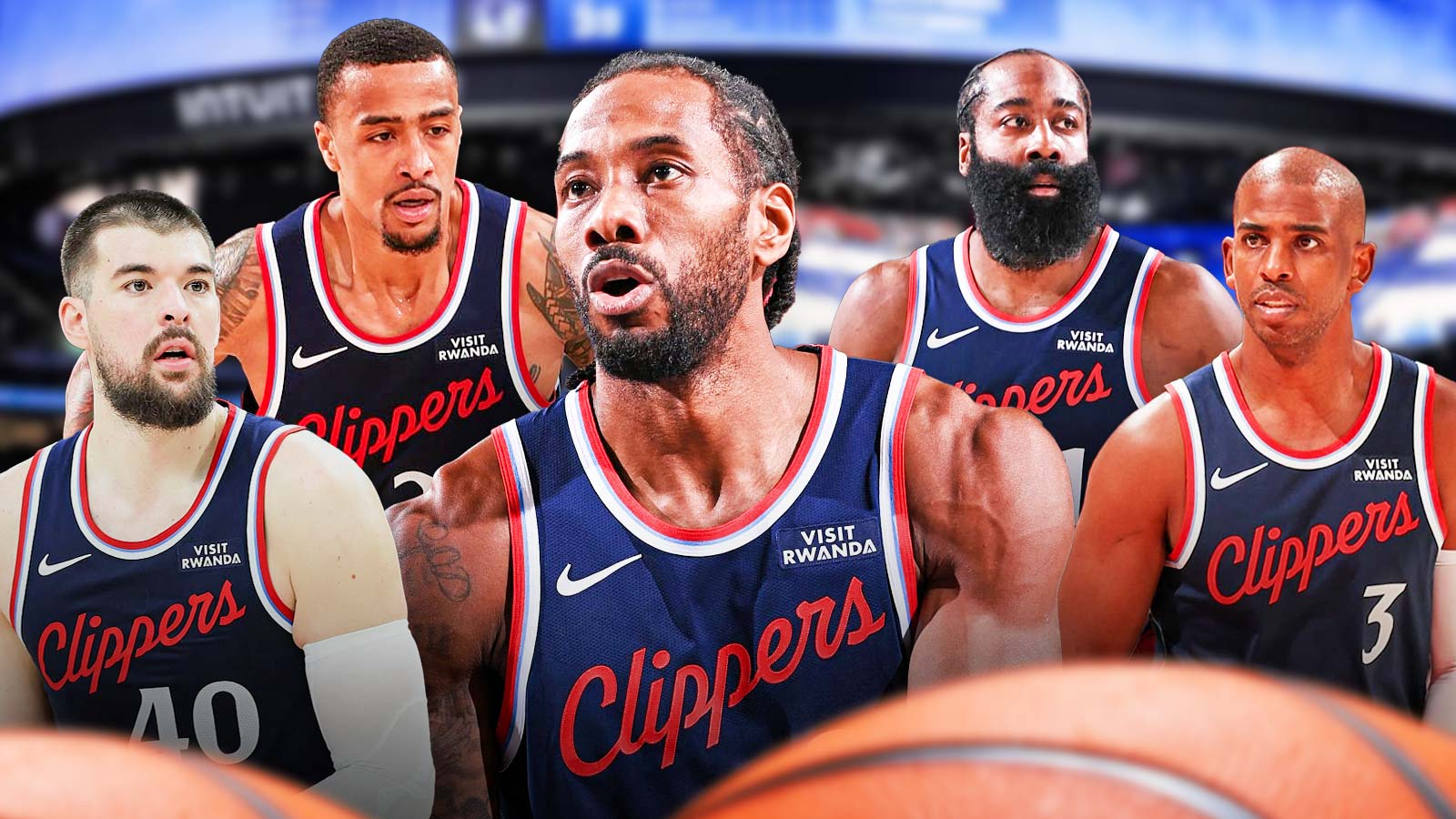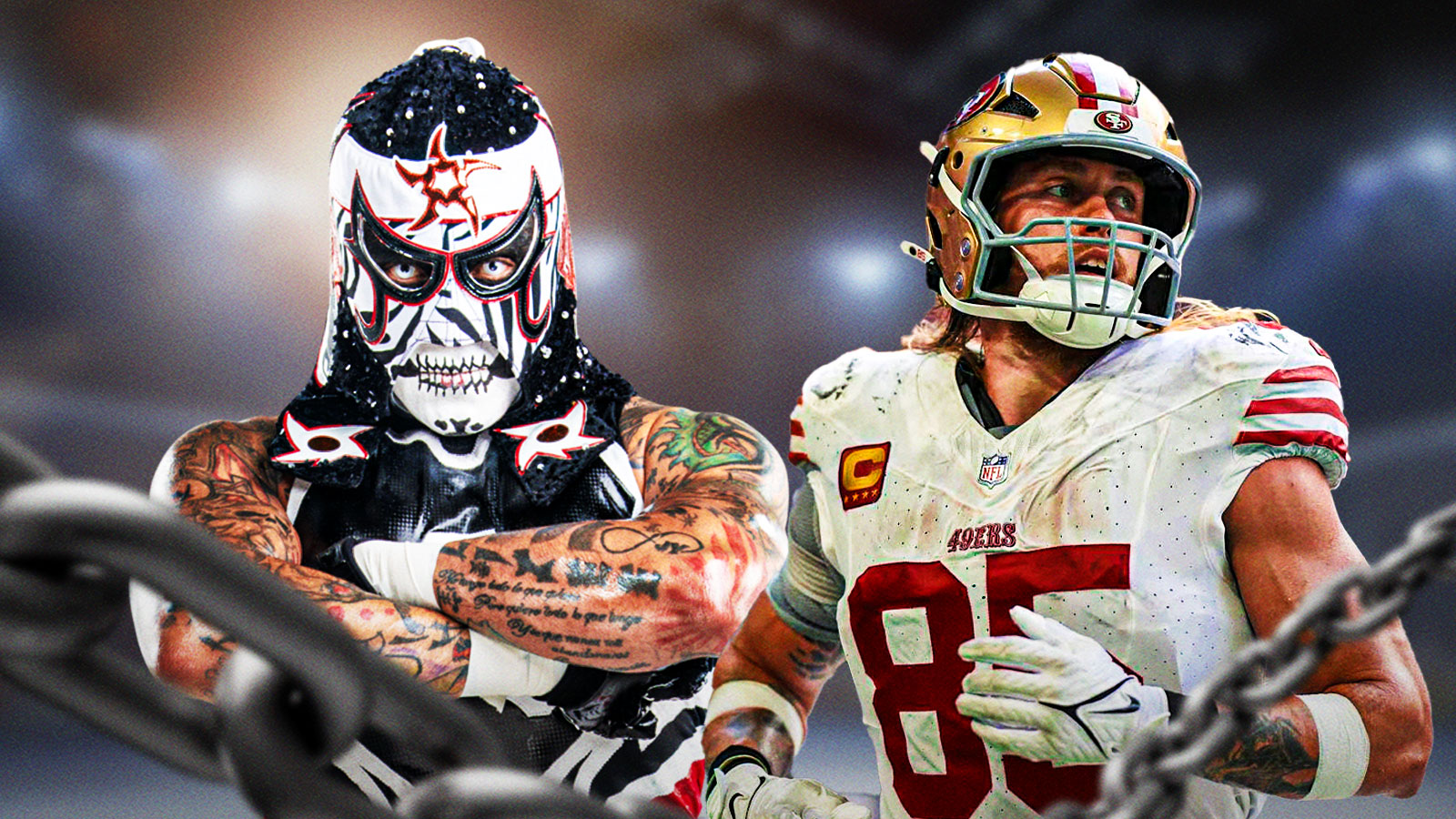When Monty McCutchen, the NBA's Senior Vice President of Referee Development and Training, discusses what separates good referees from great ones, he doesn't focus on rulebook knowledge or positioning fundamentals. Instead, the legendary referee with NBA Finals appearances repeatedly returns to a single concept: processing power. It's a revealing choice of terminology borrowed from computer science rather than traditional sports officiating. It also perfectly captures the cognitive reality of modern basketball officiating.
“I think two things start to separate referees,” began McCutchen. “One is the size in combination with the speed of the player. The best referees can process multiple and multiple and multiple, exponentially, multiple, multiples of information in short periods of time. As the game speeds up, in combination with strength six-foot-eight point guards that weigh 260 pounds right, then we start to see who can process multiple pieces of information really quickly. It is so important that we see referees referee better players.”
Consider what happens in a single pick-and-roll sequence. A referee must monitor:
- Ball handler's movements and potential carries or travels
- Screener's positioning for a legal screen
- Defender fighting through the screens
- Weak-side actions that involve off-ball contact
- Rotations as help defenders arrive and actions develop
- Positioning for potential rebounding violations
- Coaches screaming from a few feet away
Now compress all of this into a couple of seconds while rotating from the slot to the trail officiating position. This is the accountability filter Monty McCutchen applies: Can a referee process exponentially more information as the game's speed and physicality increase?
NBA, WNBA official scouting report
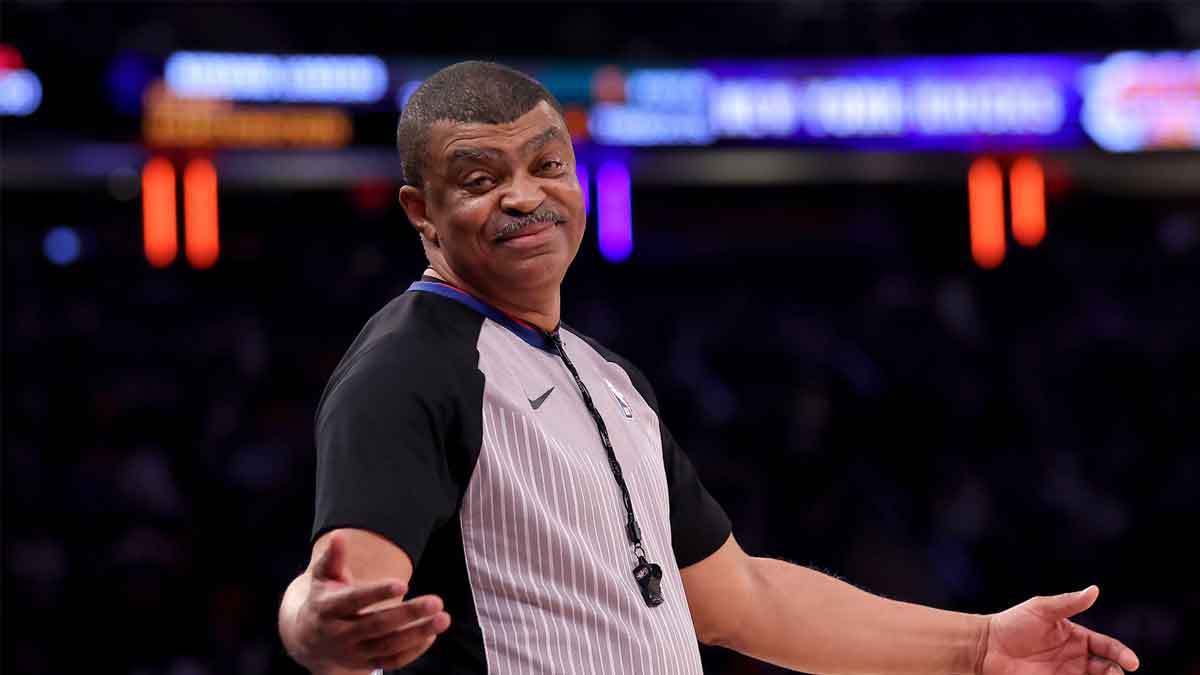
A referee who only processes the horizontal game is operating with half the data. The great ones possess the spatial awareness and visual tracking to compute the game’s vertical chess matches with the same clarity as those on the floor. When evaluating an official, note their focus during aerial contests. Are their eyes locked at the point of climax, or are they caught watching the aftermath?
“It is important to see referees who can referee above the rim as well as below the rim. That is an important piece of this,” McCutchen explained. “Can they get their eyes vertical to get to points of contact and those kinds of things? Again, these are all processing powers.”
Raw talent is one thing, but processing power must be forged and hardened. McCutchen introduces a crucial, often overlooked, element of development.
“Officials constantly have to better themselves,” stated McCutchen, “by refereeing basketball that is better than what they had previously refereed.”
This is processing power development through progressive overload. It is the same principle used in strength training or testing a player's talent level. A referee who only officiates regional college games will never develop WNBA or NBA-level processing capabilities because they're never forced to process WNBA or NBA-level information density.
“Unfortunately, some may not be in a position to uproot their entire family to move to Orlando and work a Pro Am. So I have a lot of empathy for that,” McCutchen shared. “Ultimately, life choices for us all lead us to the vetted process that gives us (NBA referee) candidates we're very excited about.”
Evaluating the processing powers of great referees requires a nuanced understanding of their ability to handle the speed, size, and complexity of modern basketball. As Monty McCutchen told ClutchPoints, elite referees excel at processing multiple streams of information quickly, officiating plays at all vertical levels, and continuously improving through exposure to high-level competition.
The NBA looks at approximately 4000 potential new referees in a given year. By focusing on their decision-making speed, positional awareness, and commitment to growth, evaluators can identify referees who possess the cognitive and technical skills to thrive in the NBA and beyond. These processing powers not only ensure fair and accurate officiating but also elevate the game's competitive and entertainment levels for everyone else involved.









